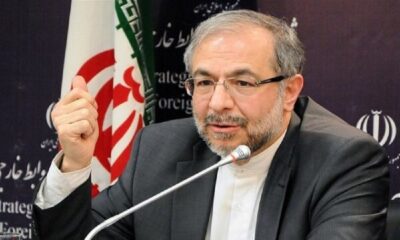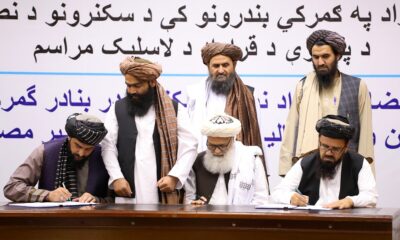Latest News
Peace won’t be found in silence or fear, says AIHRC chair
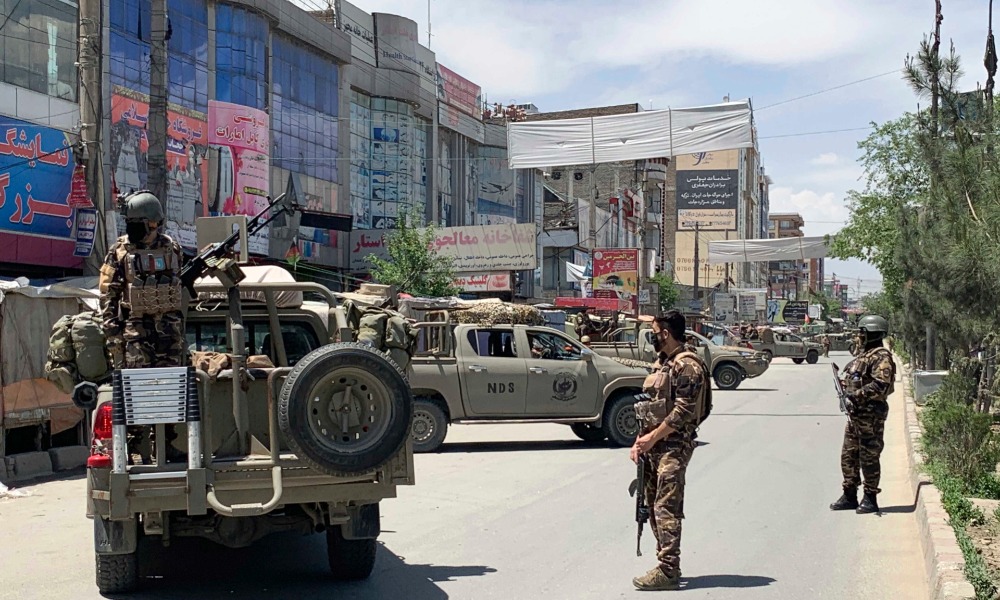
One year ago today – February 28 – Afghans were buoyed by the signing of the US-Taliban agreement in Doha, which they hoped would bring peace. Instead, today, a year later, targeted killings have spiked leaving thousands of civil society activists, government officials, journalists and even doctors fearing for their lives.
Shaharzad Akbar, the chair of the Afghanistan Independent Human Rights Commission (AIHRC), wrote in an op-ed piece, published in the Washington Post, that “every night, I lie awake wondering who will be next. I think of a colleague whose teenage son checks his car every morning for magnetic bombs. A husband saying goodbye to his wife as she leaves for work, wondering if today will be the day she is killed on her way to the office.”
She said that a year after the deal was signed, instead of ushering in peace “one of the most tangible changes has been an increase in targeted killings, mostly unclaimed, that have created an environment of terror and fear.
“There were nearly three times the number of such attacks in 2020 compared with 2019; the casualties include the deaths of 11 human rights defenders and media workers in the past five months,” she wrote.
Akbar pointed out that some of Afghanistan’s most important gains, its activists, community leaders and scholars, are being silenced at a time when, after the US-Taliban deal, Afghans had hoped for a reduction in violence and for inclusive intra-Afghan negotiations.
“While the Taliban denies involvement in most targeted attacks, it benefits from the environment of fear and hopelessness around the peace process and the lack of critical voices demanding an inclusive peace.
“This reign of terror for Afghan civilians must end in order for a real peace process to begin,” Akbar wrote.
She also pointed out that as the United States reviews its Afghanistan policy, it still has leverage — including the existing UN sanctions on the Taliban, the Taliban’s desire for international recognition and legitimacy, and the presence of international forces in Afghanistan — to help stop these attacks and encourage a ceasefire and an inclusive peace process.
She stated that her AIHRC colleagues know what it is to feel terror as the organization has lost three of its staff members in the past 18 months.
Akbar pointed out that these high levels of violence are forcing families to flee the country.
“Every day I hear of another friend, journalist, academic, women’s rights activist or businessperson leaving the country. Their departures are creating an absence that will take another generation to fill. Those who can’t leave feel silenced by fear and have little chance of influencing the peace process,” she wrote.
Akbar also noted that it has been years since the last mass demonstration by Afghans – “for fear of attacks”.
She also said that following the recent wave of assassinations, public debate has closed down, even in the virtual sphere. “This is even more true beyond Kabul, in rural areas where conflict has been the most savage.”
Akbar stated that while US President Joe Biden’s team has signaled that it will withdraw its last troops as per the agreement with the Taliban, if the group reduces violence. she said: “This is welcome but not enough. Even with overall violence levels down, targeted killings are silencing the voices needed to build pressure for peace.”
“The United States does not want Afghanistan to collapse into a catastrophic civil war as soon as it withdraws, after 20 years of assistance. But the narrow focus of the US-Taliban deal ignored the wider needs of the peace process, including the importance of civic space and the protection of civilians. This approach should be urgently reconsidered in Biden’s review,” she said.
Akbar stated that public participation is not a bonus that is “nice to have” but rather an inclusive process that builds momentum for peace and boosts the credibility of the process.
Bringing traditional and nontraditional civil society voices to the table from across Afghanistan will bring a sense of urgency and bottom-up pressure on the parties.
She also stated that public participation can best be guaranteed through a ceasefire and that the US and its allies should utilize their leverage with both sides and the region to continue to push for an interim and immediate ceasefire that will create an opportunity for national engagement.
“An immediate end to targeted killings, a ceasefire and the restoration of civic space will allow for broader inclusion in the talks, reviving hope and confidence in the process,” she said.
Akbar stated that the US can encourage the Taliban and the Afghan government to create this enabling environment for peace. Afghans could then force hope back onto the table.
“We will not find peace in silence and fear,” Akbar stated.
Latest News
US congresswoman introduces bill to oppose recognition of IEA

Nancy Mace, a US Congresswoman, introduced a bill on Thursday aimed at labeling the Islamic Emirate as a terrorist organization and opposing the recognition of its government in Afghanistan.
“Congresswoman Nancy Mace stands boldly against the recognition of the Islamic Emirate of Afghanistan by introducing the ‘Preventing the Recognition of Terrorist States Act of 2024,’” the statement read.
The legislation, according to Mace, aims to send a clear message that the United States will not legitimize a regime controlled by terrorists.
“Freedom and justice demand we reject tyranny and oppression in all forms. Our bill ensures America never recognizes the Taliban’s terror-driven regime,” said Representative Mace.
However, the Islamic Emirate has always stressed that there is no threat from Afghanistan to other countries and the acting government wants good relations with all the countries of the world.
“We will not allow anyone to pose a threat and danger to the countries from the soil of Afghanistan. Afghanistan is currently safe and a strong system is ruling in it. We do not allow terrorist groups to operate in Afghanistan,” said Hamdullah Fitrat, deputy spokesperson for the Islamic Emirate.
Based on Mace’s statement, if this bill is passed, no US government agency can recognize the current government of Afghanistan or allocate funds to this issue.
Latest News
Migration problem cannot be solved by building walls: Mousavi
The diplomat said on X that migration is a global problem and as long as there is poverty and injustice, there will be migration.
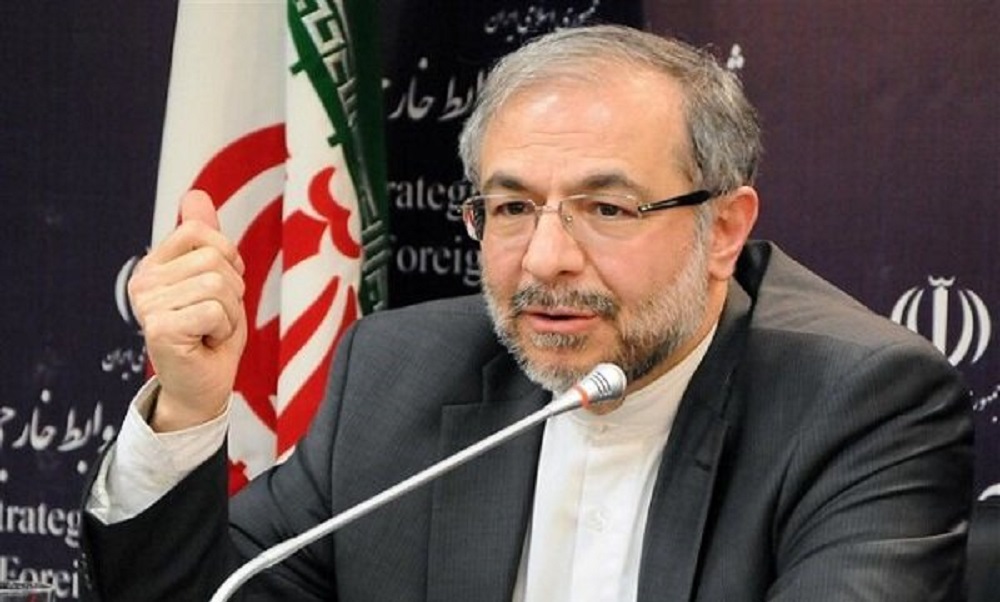
Seyyed Rasoul Mousavi, an assistant to Iran’s foreign minister, argued on Friday that the problem of migration cannot be solved by building walls on the border, adopting strict policies, and inhuman treatment of migrants.
The diplomat said on X that migration is a global problem and as long as there is poverty and injustice, there will be migration.The diplomat said on X that migration is a global problem and as long as there is poverty and injustice, there will be migration.
“Immigration is a major international problem. Governments have failed to solve this problem by building walls and strict anti-immigration policies and inhumane anti-immigrant approaches. The truth is bitter, but we know that as long as there is poverty, backwardness and unbalanced development among countries, there will be a problem of migration,” he said.
The statement comes after Iranian President-elect Massoud Pazeshkian said during his election campaign that he would shut the borders to Afghan migrants.
Latest News
German foreign minister criticizes promise to deport Afghans
She said that violent criminals have “lost their right to protection,” however, one should not suggest that the problem of dangerous people can be solved by “quickly” deporting them to Afghanistan or Syria.

German Foreign Minister Annalena Baerbock has indirectly criticized Chancellor Olaf Scholz and Interior Minister Nancy Faeser for promising to deport Afghan or Syrian criminals quickly.
“I believe that, especially in such uncertain times, it is not a contribution to security if you promise things that you then no longer know quite how you can actually keep the next day,” Baerbock said at an event in Hamburg, without mentioning Scholz or Faeser by name.
She said that violent criminals have “lost their right to protection,” however, one should not suggest that the problem of dangerous people can be solved by “quickly” deporting them to Afghanistan or Syria.
Baerbock also warned again against allowing the Islamic Emirate of Afghanistan (IEA) to dictate the conditions for taking back criminals.
“That’s why I’m careful not to promise things that I don’t know how to implement,” she added.
German Chancellor Olaf Scholz vowed last month that Germany will start deporting criminals from Afghanistan and Syria again after a knife attack by an Afghan immigrant left one police officer dead and several other people injured.
Germany’s interior minister Nancy Faeser also said Germany was considering deporting Afghan migrants who posed a security threat back to Afghanistan.
IEA, however, called on Germany to avoid deportation of Afghans to a third country, but address the matter through normal consular engagement.
Related stories:
German government discusses deportations to Afghanistan via Uzbekistan

IEA urges Germany to avoid deportation of Afghans to third country
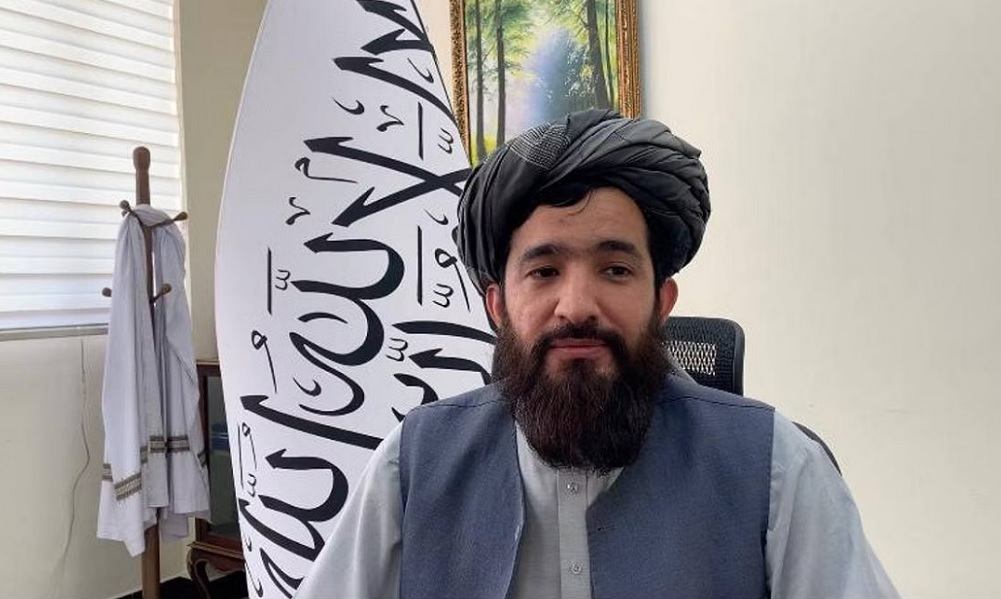
-

 Sport4 days ago
Sport4 days agoOlympics finally here; What you need to know
-

 Health4 days ago
Health4 days agoHealth partners provide services 589,205 people in Afghanistan in last month
-

 Latest News4 days ago
Latest News4 days agoAfghanistan’s Hajj ministry confirms death of 27 pilgrims in Mecca and Medina
-

 Sport4 days ago
Sport4 days agoACB proposes ODI fixtures against top-tiered teams
-
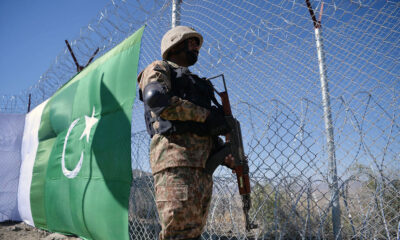
 Latest News4 days ago
Latest News4 days agoIslamabad claims three terrorists killed at Pakistan-Afghanistan border
-
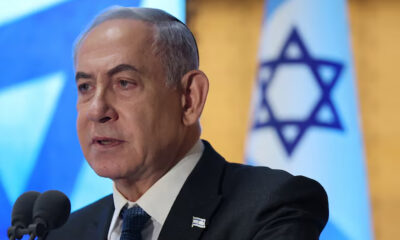
 World4 days ago
World4 days agoNetanyahu says Israel will be a key US ally whoever replaces Biden
-
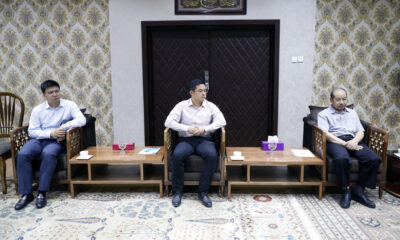
 Business4 days ago
Business4 days agoChinese keen on investing in Afghanistan’s solar power sector
-

 Sport3 days ago
Sport3 days agoKey things you need to know about men’s football at Paris Olympics








